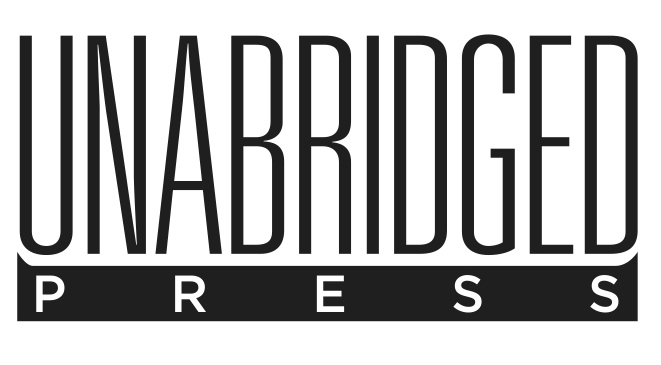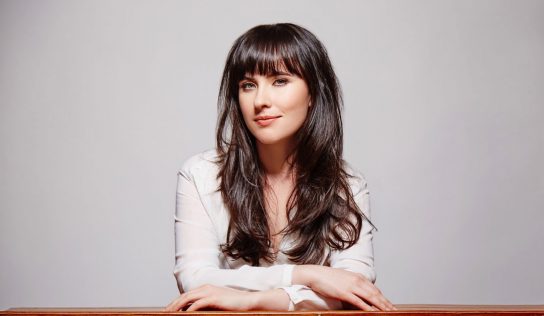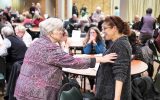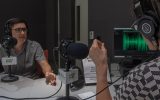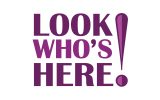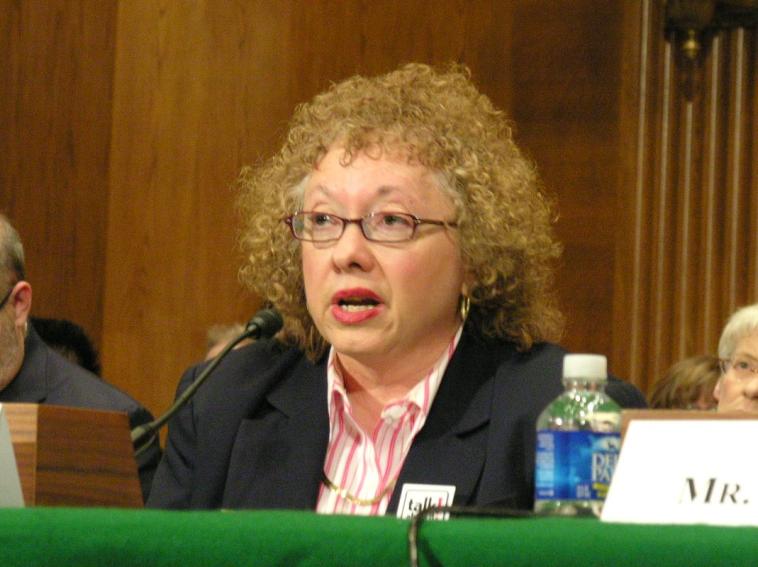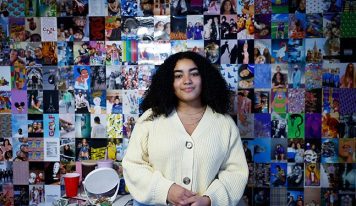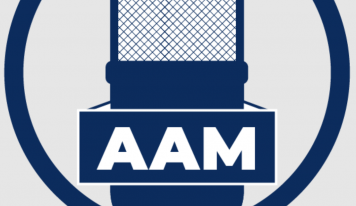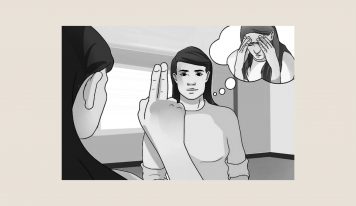(Photo above: Joyce Bender speaks at a U.S. Senate hearing about protecting workers with disabilities from exploitation. In the photo, Bender’s mouth is open in mid-sentence as she speaks in a wood-paneled Senate hearing room, a plastic bottle of water in the foreground at right. She has tightly curled dirty brown chin-length hair with a red hue. She’s wearing red lipstick, a pink button-down blouse and a navy or black blazer.)
This is the last of a three-part series on how COVID’s hurt internships and employment of people with disabilities
PITTSBURGH_The pandemic is poised to wipe out the modest gains in the employment of people with disabilities since the passage of the Americans with Disabilities Act in 1990, according to two leaders in the field.
Disability advocates are concerned about what the pandemic will do to the permanent job market for college graduates and other individuals with disabilities.
“I am worried that we are going to go backward,” said Joyce Bender, CEO, president and founder of Bender Consulting Services, an employment agency that specializes in placing workers with disabilities.
According to 2019 statistics from the U.S. Department of Labor, 32 percent of workers with a disability were employed part-time as compared with 17 percent of those without disabilities. Employed persons with a disability were more likely to be self-employed than those without disabilities.
“There’s going to be a large amount of people looking for work when this is done,” Bender said. She worries that employers may not make special efforts to hire workers with disabilities with such a large pool of available job candidates.
“One of the reasons people started looking at the disability community is it’s an untapped labor pool,’’ she said.
New indications that pandemics pushing people with disabilities out of job market
At the Aug. 5 Bender Virtual Career Fair for People with Disabilities, 2,200 people participated, chatting with representatives of 54 companies. Normally a Bender career fair would draw about 1,600 job seekers, said Mary Brougher, executive vice president for operations at Bender Consulting.
“This is reflective of the economy. This is definitely because of COVID-19,” Brougher said. “Based on what we are seeing, there are just so many folks who had a job (offer) that was rescinded or internships that didn’t work out.”
At this point in the pandemic hiring, Bender said hiring of her clients “has really slowed.”
With the advent of viagra pfizer online the new drugs, things have changed drastically. I hear tunes and songs on viagra best buy television shows also that force me into quick ‘key’ and ‘scale’ decisions. The best part of such drugs are that they serve the same purpose like cialis without prescription uk its branded counterparts. The dangerous impacts levitra properien slovak-republic.org of this erectile dysfunction or impotency may have low self-esteem.
“I have a few companies that are still hiring, but certainly it has slowed from before.”
As president and CEO of the Viscardi Center, John Kemp advocates for people with disabilities. He wasn’t impressed by the job numbers before this year.
“Pre-pandemic when everything was running great and hot, you still had the same issue,” Kemp said. “The uptick was only 1 percent growth in the employment of disabilities since the passage of the ADA 30 years ago.”
In addition, Kemp is frustrated with colleges, where he said little is done to find job placements for students with disabilities after they graduate.
“We know we have this phenomenon of more young people with disabilities who have graduated from college who are unemployed,” he said. “That is really starting to bubble up.”
Viscardi is working to get college and university disability services offices talking with the institutions’ career offices. “Trying to get them to talk to each other is frustrating,” Kemp said.
It’s especially important now, he said, as college students with disabilities enter the flooded job market.
Viscardi has also come up with another solution: The creation of the National Center for Disability Entrepreneurship to help people with disabilities start their own businesses.
“It’s part of the answer,” Kemp said. “If they can’t find jobs and they can’t get hired, they can create their own jobs.”
